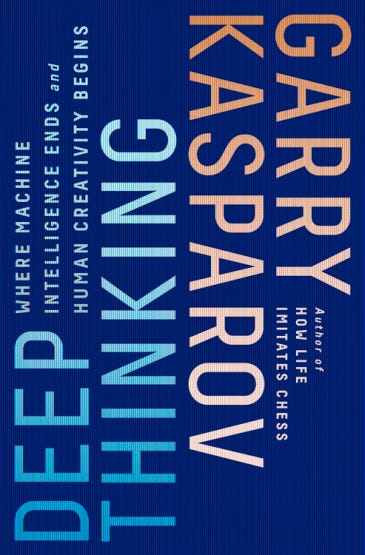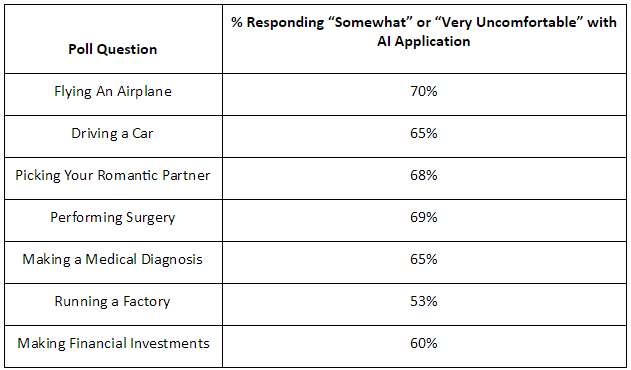Guest post from Sasha Moss, R Street Institute (Originally published on TechDirt on 5/24/07)
The U.S. Senate is about to consider mostly pointless legislation that would make the nation’s register of copyrights—the individual who heads the U.S. Copyright Office, officially a part of the Library of Congress—a presidential appointment that would be subject to Senate confirmation.
While the measure has earned praise from some in the content industry, including the Motion Picture Association of America, unless senators can find better ways to modernize our copyright system, they really should just go back to the drawing board.
The Register of Copyrights Selection and Accountability Act of 2017 already cleared the U.S. House in April by a 378-48 margin. Under the bill and its identical Senate companion, the power to select the register would be taken away from Librarian of Congress Dr. Carla Hayden. Instead, the president would select an appointment from among three names put forward by a panel that includes the librarian, the speaker of the House and the majority and minority leaders of both the House and Senate. And the register would now be subject to a 10-year term with the option of multiple reappointments, like the Librarian of Congress.
The legislation is ostensibly the product of the House Judiciary Committee’s multiyear series of roundtables and comments on modernizing the U.S. Copyright Office. In addition to changes to the process of selecting the register, the committee had recommended creating a stakeholder advisory board, a chief economist, a chief technology officer, making information technology upgrades at the office, creating a searchable digital database of ownership information to lower transaction costs in licensing and royalty payments, and creating a small claims court for relatively minor copyright disputes. Continue reading →




 The Technology Liberation Front is the tech policy blog dedicated to keeping politicians' hands off the 'net and everything else related to technology.
The Technology Liberation Front is the tech policy blog dedicated to keeping politicians' hands off the 'net and everything else related to technology.